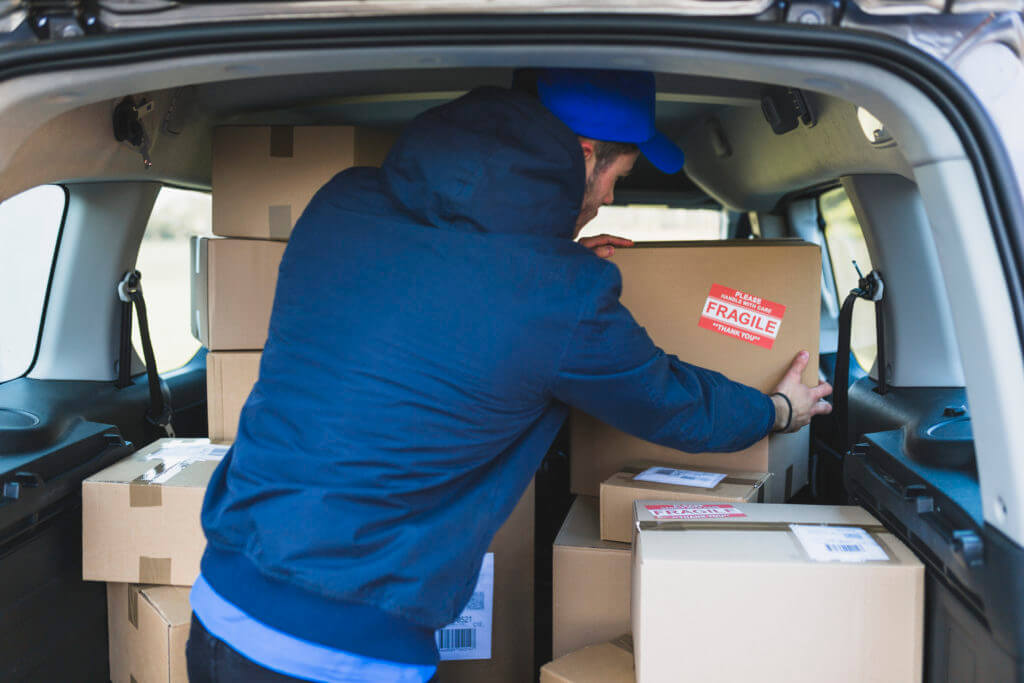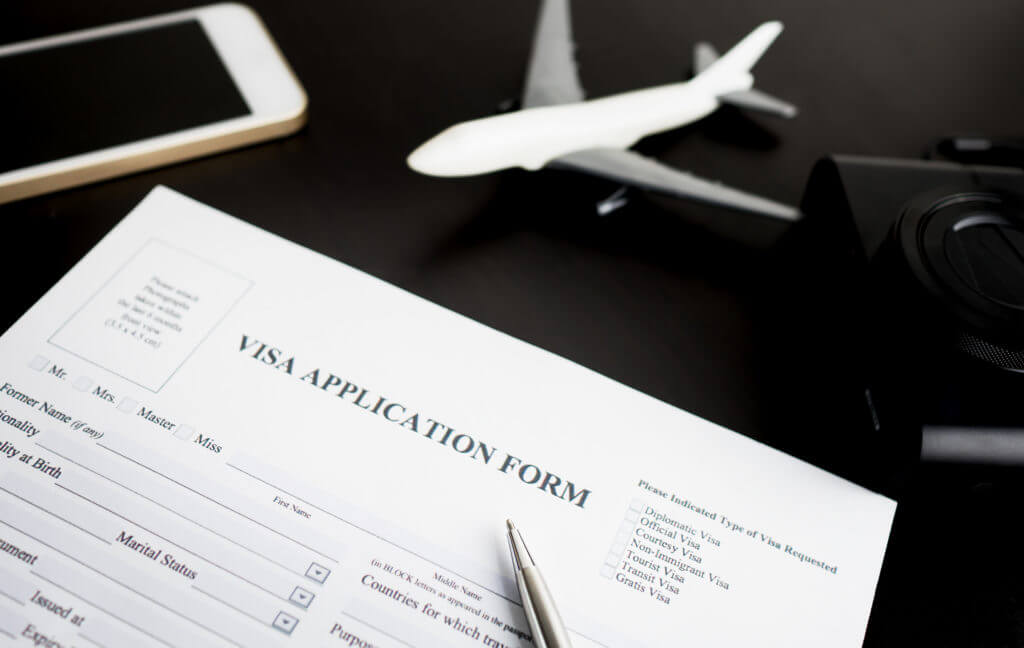Note: Updated in July 2025 with the latest information and details.
The dream of relocating to Europe—whether for a sun-drenched retirement in Spain, a career move to Germany, or a new life in France—is still very much alive for thousands of Britons. However, since Brexit, the process of moving from the UK to an EU country has fundamentally changed. The era of automatic freedom of movement is over, replaced by a more structured process requiring careful planning.
This comprehensive guide will walk you through the essential steps you need to consider, from navigating visas to managing your belongings, ensuring your move to Europe is as smooth and stress-free as possible.
Phase 1: The Big Decisions (6-12 Months Before Your Move)
This initial phase is about research and high-level planning. Getting these things right is crucial for a successful relocation.

1. Visas and Residency: The New Reality
This is the single biggest change for UK citizens. You are now considered a “third-country national,” which means you will need a visa and/or residency permit to live in an EU country.
- Research is Non-Negotiable: Every EU country has its own immigration rules, visa types, and application processes. You must research the specific requirements for your chosen country.
- Common Visa Types: You might be applying for a work visa, a non-lucrative visa (for retirees or those with passive income), a student visa, or a digital nomad visa.
- Official Sources Are Best: The most reliable information will always be on the official embassy or consulate website for your destination country.
- Consider Professional Help: The application process can be complex and bureaucratic. Using a trusted immigration lawyer who specialises in your destination country can save you time and prevent costly mistakes.
2. Healthcare Planning
The old EHIC card system has been replaced by the UK Global Health Insurance Card (GHIC). While useful for emergency medical treatment when visiting, it is not a substitute for comprehensive health cover when you are a resident. Most EU countries will require you to show proof of private health insurance as part of your visa application.
3. Financial Preparation
You will likely need to prove you can support yourself financially. This can involve showing evidence of savings, a pension, or a job offer. Start planning early:
- Understand the financial requirements for your visa.
- Research how to open a bank account in your new country.
- Seek advice from a cross-border financial advisor about tax implications in both the UK and your new country of residence.
Phase 2: The Logistics (2-4 Months Before Your Move)
With the legal framework in place, it’s time to focus on the practicalities.

4. Solving the “What to Do With Your Stuff?” Dilemma
This is a major logistical challenge. Do you ship everything, sell it all, or find a middle ground? This is where UK self-storage becomes an essential strategic tool. Consider it if you are:
- Testing the Waters: Renting abroad for a year before fully committing? Storing your treasured furniture in the UK is far cheaper than shipping it to Europe and back again.
- Moving into Temporary Housing: If your first home in Europe will be a small or furnished apartment, store the bulk of your belongings securely in the UK until you find a permanent home.
- Downsizing: If you’re moving to a smaller property, a storage unit allows you to hold onto sentimental items, family heirlooms, or furniture you don’t have space for right now.
- Facing a Gap: If there’s a gap between leaving your UK property and your new European home being ready, a storage unit is the perfect bridge.
5. Choosing a European Removals Company
Moving your belongings across borders now involves customs declarations and new paperwork. Choosing the right company is vital.
- Look for Accreditations: Seek out companies that are members of the British Association of Removers (BAR). This is a strong indicator of quality, professionalism, and reliability.
- Check Genuine Reviews: Look beyond the company website. Use independent platforms like Trustpilot or Google Reviews to get an honest picture of their service.
- Get Detailed Quotes: Ensure your quote includes all costs, including customs handling fees. A reputable firm will guide you through the new post-Brexit paperwork required.
6. Finding Your New Home
The cost and process of finding accommodation vary hugely across Europe.
- Plan a Viewing Trip: If possible, book a short trip to view properties in person. An Airbnb can be a great base for your search.
- Be Wary of Scams: Never sign a contract or transfer a deposit for a property you haven’t seen. Be cautious of “landlords” who are conveniently out of the country and unable to show you the property. Use established local estate agents wherever possible.
Phase 3: The Final Countdown (The Month Before)

Focus on the final administrative tasks to tie up your life in the UK.
- Inform all Relevant Parties: Notify your bank, pension providers, HMRC, DVLA, and local council of your move.
- Redirect Your Mail: Set up a Royal Mail Redirection service for at least 6-12 months to ensure you don’t miss any important correspondence.
- Utilities: Arrange to close your utility accounts (gas, electricity, water, broadband).
- Pets: If you’re taking a pet, ensure you have completed all the necessary steps for their Animal Health Certificate, as the old Pet Passport scheme is no longer valid for travel from Great Britain to the EU.
Relocating to Europe from the UK is a more involved process now, but with thorough research and meticulous planning, it remains an achievable and incredibly rewarding adventure.
